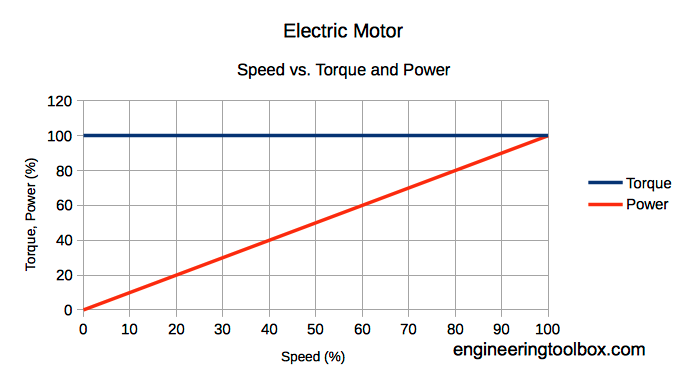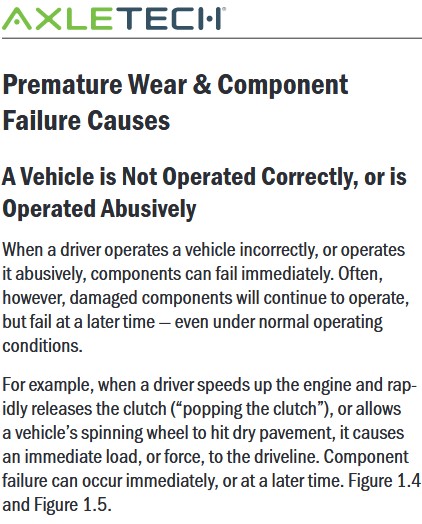Surely the job of the gearbox is to match the speed of the roadwheels Bruce. The engine doesn’t have a clue what revs the road wheels are doing, so that’s your job, to select an appropriate gear to match the speed of the roadwheels. To say the road wheels are completely unaffected by gear selection is wrong. Try selecting first gear at 50 miles per hour and see what happens to the road wheels.
The speed may not change, but the loads on it do, slightly. If I run at say 3mph for 5 miles, it does not mean there is an equal amount of strain on all of my joints, muscles & lungs across the whole route. The load differences may not be huge on a diff, the load difference may not even be large for some parts of the drivetrain, but it does not meal the differences are nil, or that poor driving habits do not affect things like the diff.
Run? That’s walking, isn’t it? ![]()
I do 3 mph carrying the shopping to the car in Tesco’s car park…
![]()
This is a totally different story and nothing to do with my original point.
It takes a certain amount of energy to keep a body of a certain mass moving at a certain speed, If you accelerate that body at a certain rate then the energy required is different this is the energy transmitted by the differential, axles etc. for any given speed or any given rate of acceleration it is always the same it doesn’t matter which gear is used.
It matters to the engine because it has a limited range of maximum power and torque all the gearbox does (or is supposed to do) is keep it operating in that band.
Surely the job of the gearbox is to match the speed of the roadwheels Bruce. The engine doesn’t have a clue what revs the road wheels are doing, so that’s your job, to select an appropriate gear to match the speed of the roadwheels. To say the road wheels are completely unaffected by gear selection is wrong. Try selecting first gear at 50 miles per hour and see what happens to the road wheels.
No, the job of the gearbox is, as I stated, to maintain the engine working in its best power band at any given speed.
Your last sentence is a strawman argument because if the vehicle was heavy enough the vehicle (or rather its wheels) could accelerate the engine to such speeds as it destroyed itself.
Electric cars (speaking very generally) do not require gears because electric motors exert maximum torgue at zero revs and their power output rises linearly with speed.

Remember the trolley buses? their acceleration from a standstill was phenomenal, you risked hanging of the back like a flag if you leapt aboard at the last minute

Not all vehicles are lightweight cars, with few real stresses on them. Uphill gear changes on a loaded HGV, can & occasionally do, destroy not just gearboxes, but also other components within the drivetrain. But that does not mean that poor driving practices do not weaken/ harm car components too.
I don’t disagree but I don’t get the relevance of this.
Perhaps cars are different in Australia Bruce?

I don’t disagree but I don’t get the relevance of this.
The relevance is the whole drive train is put under extra pressure when gears are selected poorly. Regardless of what is taught in physics/engineering classrooms, in the real world, it is not just one part of a whole, that is put under extra strain/pressure when poor choices are made by the driver.
The risks to a car’s diff, due to poor gear selection, maybe somewhere between minimal to non existent due to it’s low weight & the fact that 99% of cars are never driven anywhere near the maximum load 99% of the time. But that does not mean that poor gear selection does not put parts of the car other than the engine under strain. It just means that the risks are lower due to cars being inefficiently used.
Ok, a bit obvious I would have thought but there you go.
their acceleration from a standstill was phenomenal, you risked hanging of the back like a flag if you leapt aboard at the last minute
Yeah, fun wasn’t it? ![]()
